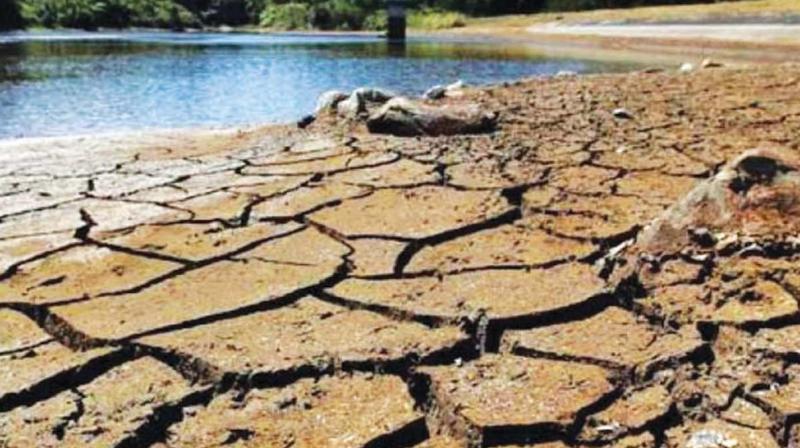Tamil Nadu Agricultural University to help make agri resilient to climate change
Climate change, plant diseases and insect-pests are estimated to cost an annual loss of USD 8.6 billion.

Chennai: The Tamil Nadu Agricultural University is part of a national consortium to help make agriculture more resilient to vagaries of climate change.
The Department of Science and Technology (DST) which has established a centre of excellence on climate change research for plant protection at the Hyderabad-based International Crop Research Institute for the Semi-Arid Tropics (ICRISAT), will operate like a consortium. Besides TNAU, its partners include Indian Institute of Rice Research; University of Agricultural Sciences, Raichur; Indian Agricultural Research Institute; Punjab Agriculture University; and centres of CGIAR, the global network of research institutions working in the area of agriculture.
The centre would focus on real-time structured surveillance for insect-pests and diseases using GPS-tagging techniques besides develop a model to alert policy makers and farmers of any changes in the pattern of plant diseases and insect-pests. It will work on prediction of future climate scenarios and develop GIS-based risk maps for diseases and insect-pests at zonal, regional and State-levels.
The centre was formally launched by Akhilesh Gupta, Adviser and Head of the Climate Change Programme of DST, recently.
Current estimates of climate change indicate possible increases in global mean annual temperatures in the order of 1 degree C by 2025 and 3 degree C by 2100. Coupled with variability in rainfall pattern and increase in global precipitation levels, this could result in new diseases and insect-pests, and increased risk of invasion by migrant diseases and insect pests. Climate change, plant diseases and insect-pests are estimated to cost an annual loss of USD 8.6 billion.
The centre would focus on real-time structured surveillance for
insect-pests and diseases using GPS-tagging techniques besides developing a model to alert policy makers and farmers of any changes in the pattern of plant diseases and insect-pests

